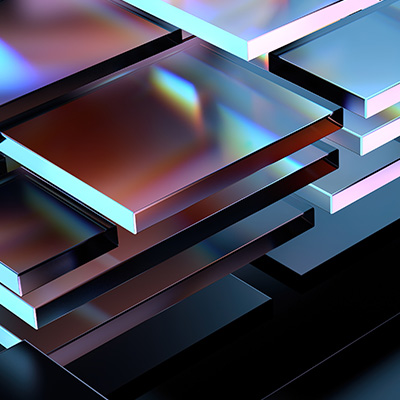Microsoft?s Project Silica Aims to Address Long Term Data Storage Issues

One of these, Project Silica, aims to explore new methods of storing data using quartz glass as the storage medium. The project’s goal is to create a long-term, high-density data storage solution that can withstand extreme environmental conditions and last for centuries.
Traditional data storage methods, such as hard drives and magnetic tapes, have limitations in terms of long-term data retention and durability. In contrast, silica glass has the potential to store data for an extended period and withstand harsh conditions. This technology relies on using femtosecond lasers to encode data into small glass discs by creating three-dimensional structures within the glass material.
Advantages of Project Silica include:
- Durability – Silica glass is highly resistant to environmental factors like heat, humidity, and radiation, making it suitable for long-term archival storage.
- Density – The data storage density of silica glass is significantly higher than traditional storage media, allowing for more data to be stored in a smaller space.
- Longevity – Project Silica aims to create a storage solution that can potentially last for centuries, making it ideal for preserving valuable information and cultural heritage.
- Energy Efficiency – Once data is etched into the glass, it doesn’t require constant power to maintain, making it an energy-efficient storage solution.
Project Silica is still in the research and development phase and has been tested as a proof-of-concept. While it holds great promise, it may take some time before it becomes a practical, commercially available solution for data storage and archiving. Nevertheless, it represents an exciting avenue for the future of data storage technology.


